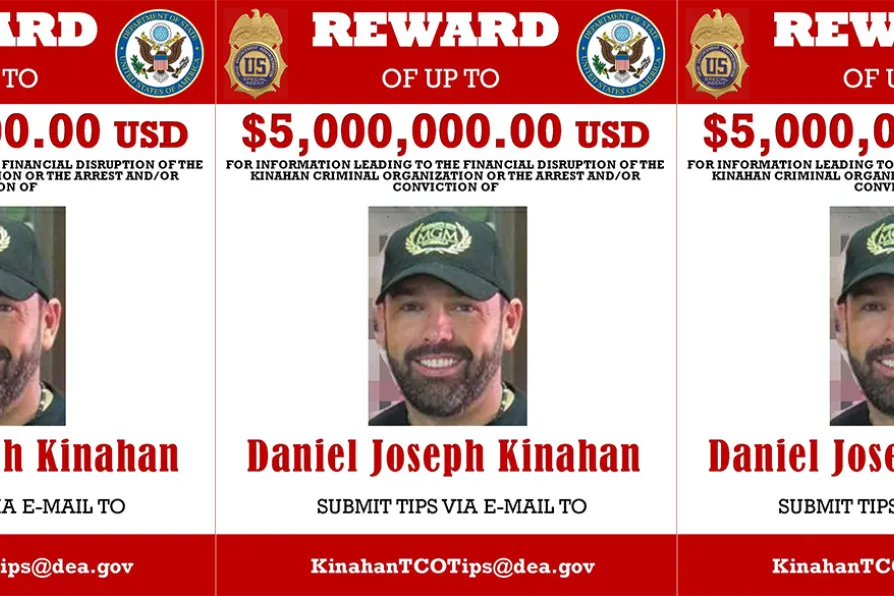From Wearside streets to rings worldwide, the boxer’s journey embodies resilience and the relentless spirit of his city, writes JOHN WIGHT

 A wanted poster for Daniel Kinahan
A wanted poster for Daniel Kinahan
EXPLODING in the midst of top flight boxing like a hand grenade was the announcement by British, US and Irish authorities at a joint press conference in Dublin on April 12 that severe financial sanctions had been imposed by the US Treasury against leading members of the “Kinahan Organised Crime Group” (KOCG), along with the offer of a $15 million (£11.4m) bounty for information leading to the arrest or conviction of its alleged leading members — Daniel, Christy Jr, and Christy Sr Kinahan.
With this development, boxing no longer has anywhere to hide, and it will almost certainly overshadow and hang over the upcoming domestic WBC heavyweight clash at Wembley on April 23 between current WBC champion Tyson Fury — who counts Kinahan as a close friend and personal adviser — and Dillian Whyte.
For years now the sport’s movers and shakers, many of its fighters and broadcasters, have essentially been riding shotgun for Daniel Kinahan and his attempt, now failed, to sportwash his reputation while inveigling himself as a power broker within boxing to the point of becoming one of its most influential figures.

The outcome of the Shakespearean modern-day classic, where legacy was reborn, continues to resonate in the mind of Morning Star boxing writer JOHN WIGHT












